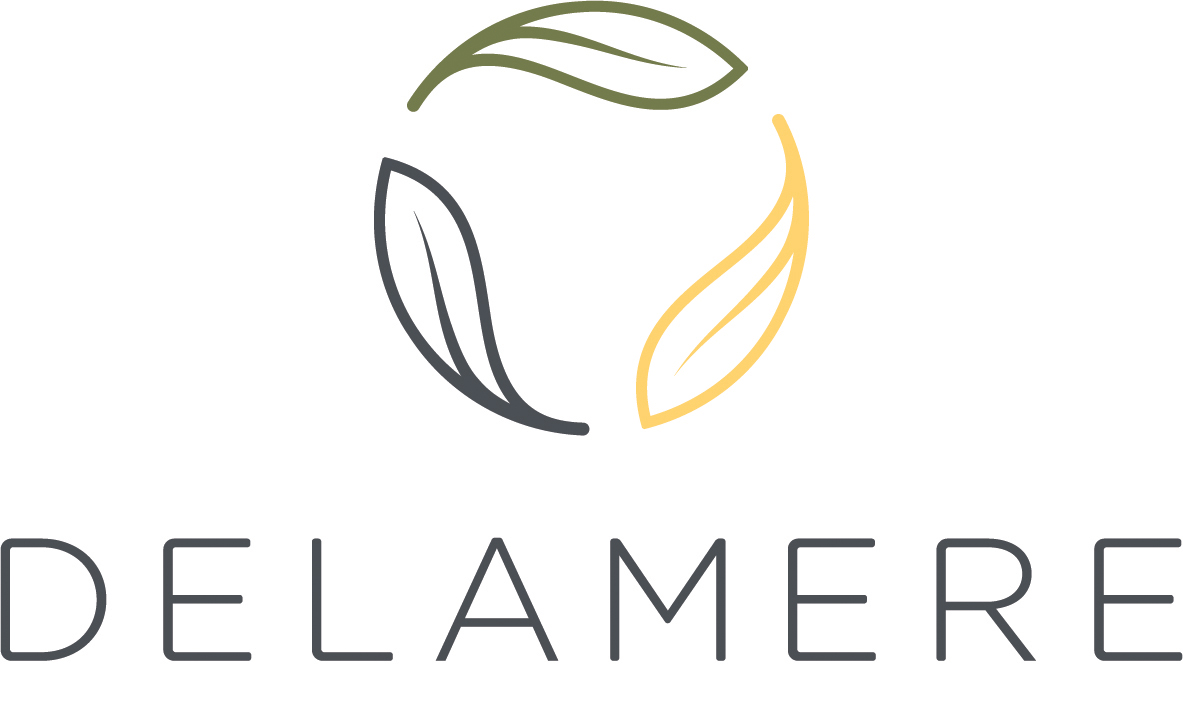What’s included?
The UK is facing a growing loneliness crisis.
According to a recent report in the Office for National Statistics, more than half (51%) of the population currently experience loneliness.
Many people spend hours ‘doom scrolling’ through social media, binge-watching, or gaming as a form of escapism.
Endless scrolling on social media triggers a small dopamine release by providing a constant stream of new content, creating a cycle of instant gratification that keeps users engaged and craving more.

In today’s hyper-connected world, digital addiction and loneliness are more than ever interconnected. A 2018 study of a sample of undergraduates by the San Francisco State University called this ‘phoneliness’, where the constant searching for reward and/or relief had detrimental effects on motivation, memory, and mental health.
Figures vary from source to source, but it’s widely understood that the average global screen time was more than six hours and this continues to rise. Being stuck to your screen can replace face-to-face conversations, it can weaken relationships, and intensify feelings of isolation.
When people experience deep isolation, they may turn to substances like alcohol or drugs as a way to numb feelings of sadness, emptiness, or disconnection.
While these substances might offer temporary comfort, over time they can lead to dependency.
At the same time, addiction itself can intensify loneliness. As substance use increases, people may find themselves pulling away from loved ones or having strained relationships leading to a vicious cycle.
How to recognise when a loved one may need professional help
It can be challenging to notice when a loved one is struggling. However, there are key signs that may suggest they need professional support.
Some typical signs to look out for include:
- Neglecting themselves, such as personal hygiene;
- Missing appointments; and
- Avoiding conversations or withdrawing from situations
Consistent behaviour like this means it’s time to check-in. It’s never too late to seek help, but a person has to want to do it for themselves.
Understanding that a loved one may not be ready to open up immediately is crucial, as it creates a sense of safety and respect, allowing them to share at their own pace without feeling pressured.
Demonstrating patience and a non-judgmental attitude fosters trust, making it easier for them to confide when they feel ready and take steps toward healing to a life beyond addiction.
How Delamere can support
Delamere offers holistic treatment for all behavioural addictions, including issues relating to digital addiction and loneliness.
Group therapy work and one-to-one sessions empower guests to explore a wide range of theories and models, including the psychodynamic approach, underlying trauma in addiction, social learning, sociocultural perspective and attachment theory.
Many of our qualified holistic therapists have personal experience of dealing with addiction and can help to put guests at ease in a supportive and welcoming setting.

It can be daunting to suddenly start sharing innermost thoughts and feelings with strangers, so we make sure the transition to group therapy is a process that happens slowly and only when the guest feels emotionally and physically strong enough.
During the second phase of treatment, guests begin a more intensive, structured programme which includes group therapy, peer support and one-to-one counselling.
Encouraging guests to share their experiences can help to make sense of their story and how their addiction started, in order to move forward with their life beyond recovery.

Call us confidentially at any time to speak to a member of our team.
Call us now: 0330 111 2015








